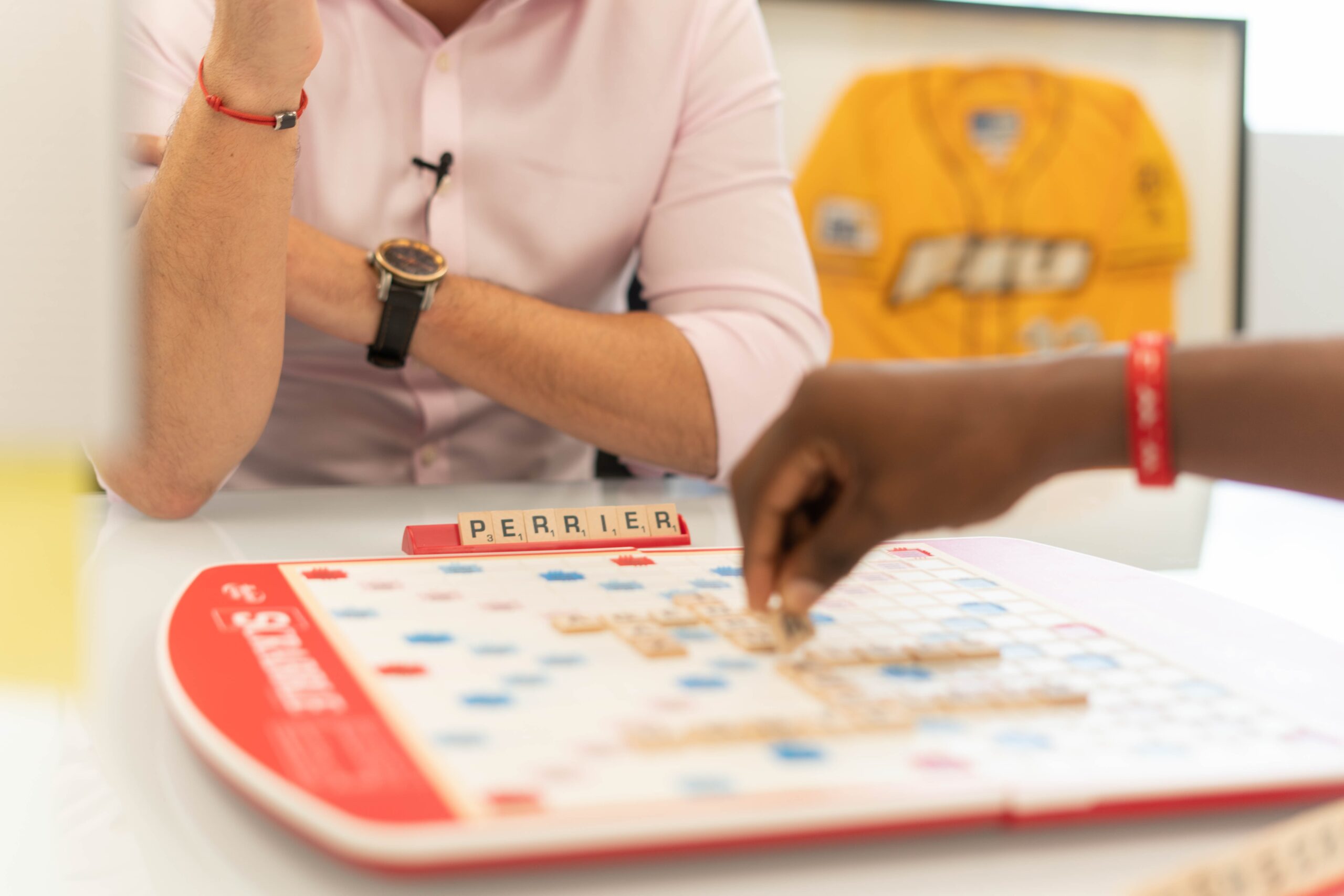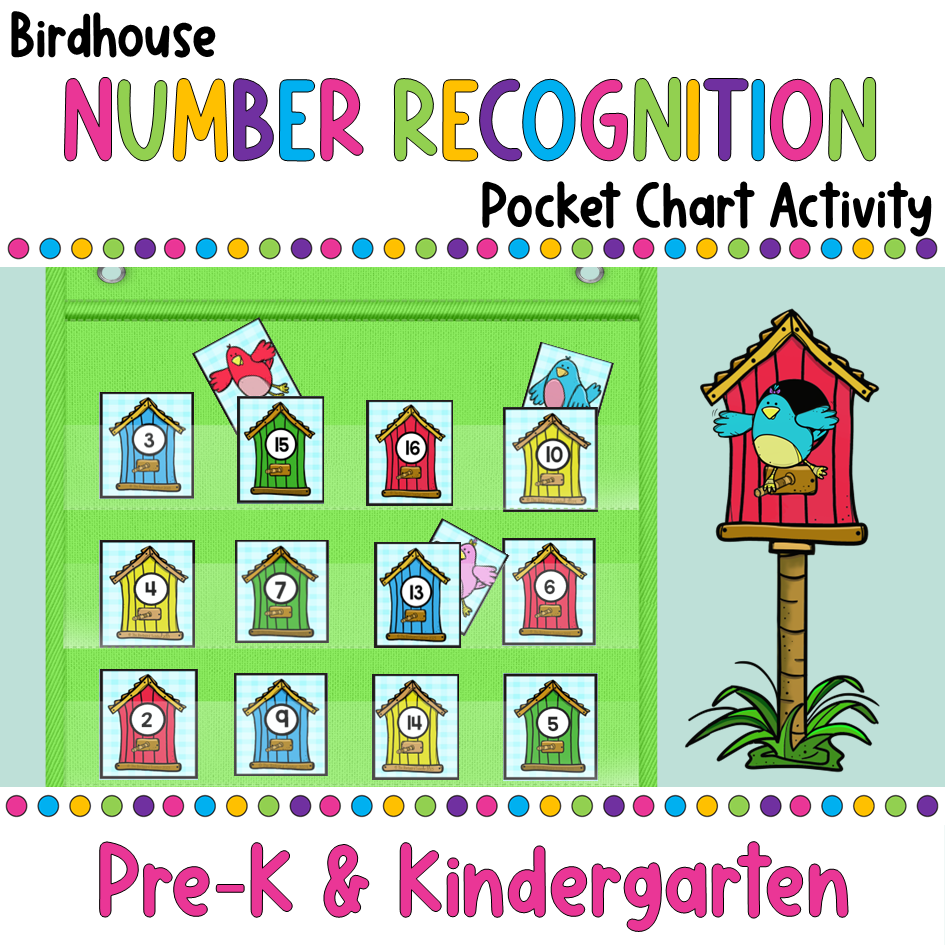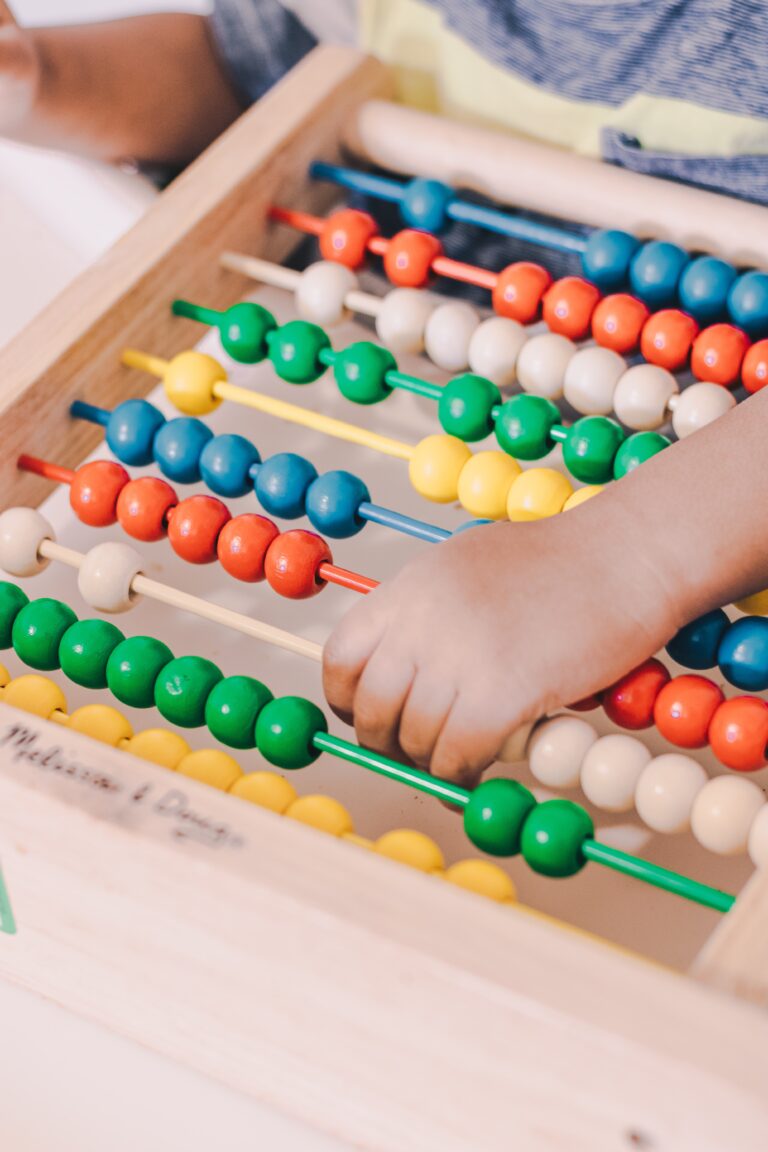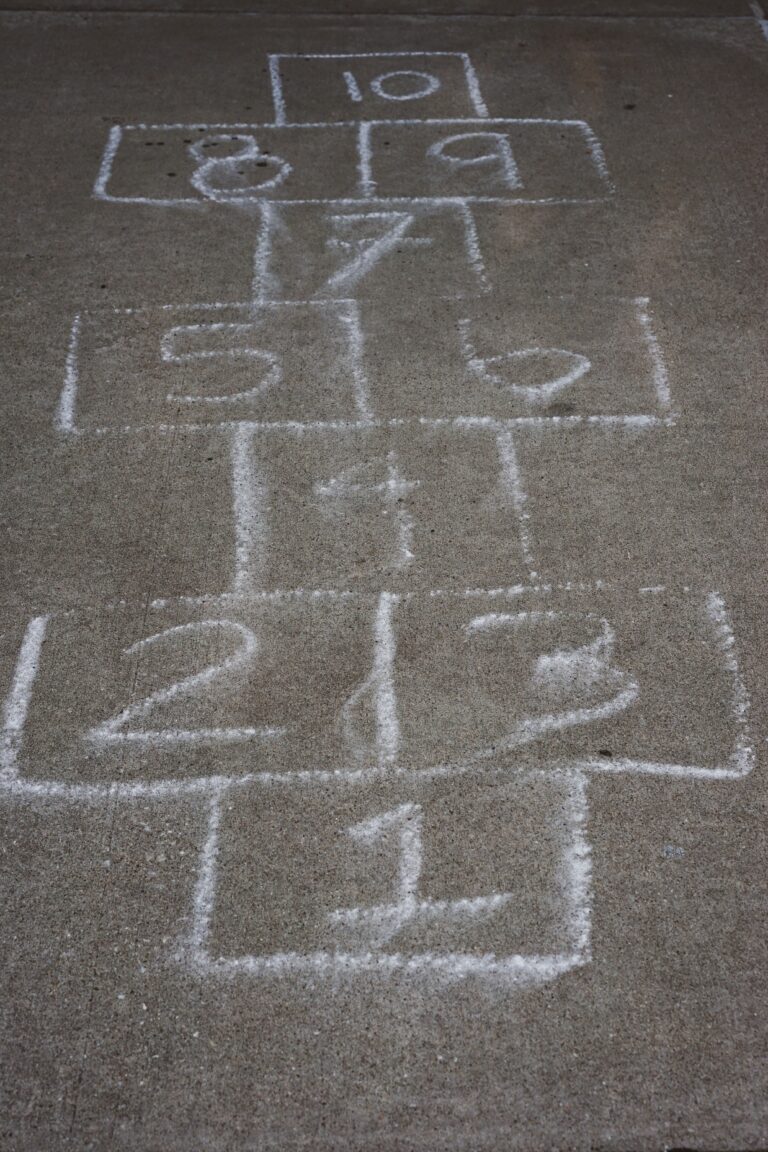The Importance of Teaching Key Skills Through Games in Early Childhood Education
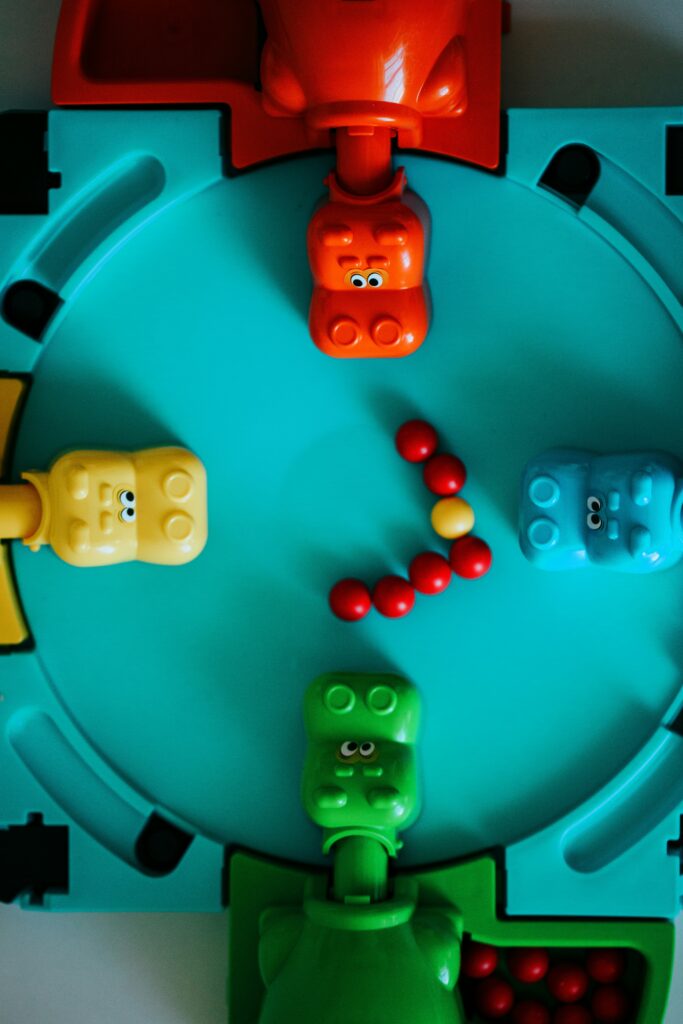
In early childhood education, finding effective ways to engage young learners is both an art and a science. Educators are constantly searching for methods that not only capture children’s attention but also foster essential developmental skills. One of the most powerful tools at their disposal is using games to teach skills.
Games can transform the learning experience, making it fun, engaging, and highly effective. But beyond the enjoyment factor, why are these games so crucial for teaching young children?
Let’s explore the significant benefits of using games to teach key skills in the early years.
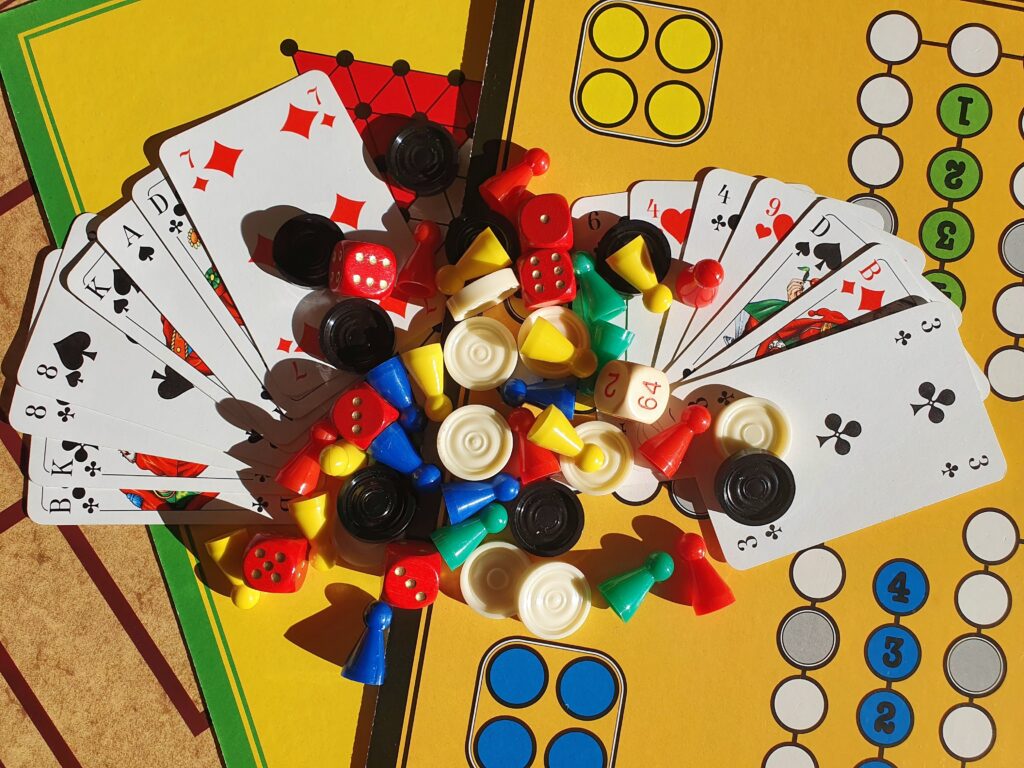
Using Games Makes Learning Fun and Engaging
For young children, the line between learning and play is often blurred. This is where educational games truly shine—they make learning a natural and enjoyable process. When children play games, they are not just memorizing numbers. They are actively participating in an experience that feels more like play than work.
Research shows that when learning is fun, children are more likely to retain information and develop a positive attitude towards education. Games leverage this principle by creating a fun and engaging environment where children are eager to learn new concepts.
Games Promote Active Participation and Engagement
One of the challenges in early childhood education is ensuring that all children are actively participating in the learning process. Traditional teaching methods, where children passively receive information, can lead to disengagement and a lack of retention. In contrast, using games to teach core skills encourages active participation, which is key to deep learning.
For example. let’s look at my Birdhouse Number Recognition Pocket Chart game. Each child selects a numbered card, identifying the number, and discovering if there’s a little bird hidden behind it. This active engagement helps solidify their understanding of numbers while keeping them focused and attentive. Active participation enhances learning outcomes and also helps children develop concentration and attention skills. These foundational abilities will serve them well throughout their educational journey.
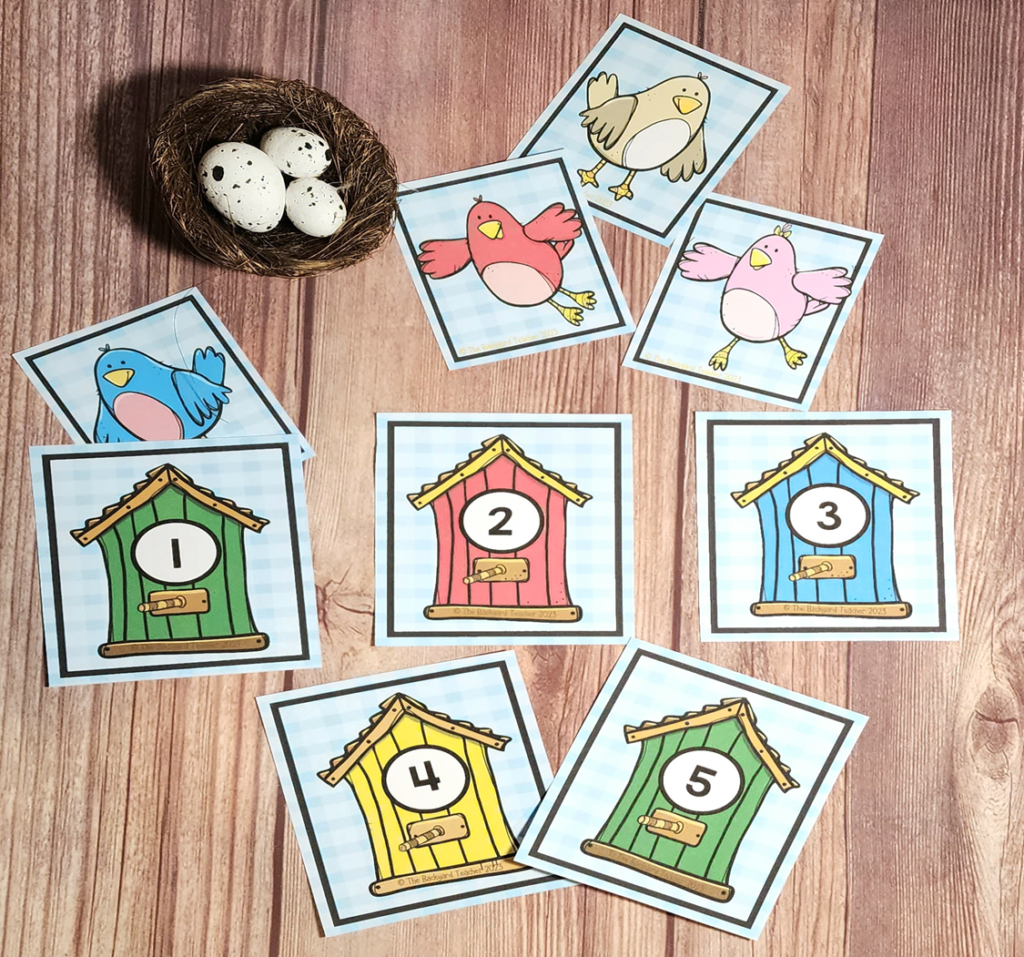
Use Games to Build Essential Social Skills
In addition to cognitive development, early childhood is a critical period for social skill development. Games are particularly effective in this area because they naturally encourage behaviours such as turn-taking, sharing, and cooperation.
When children play games like this, they learn to wait their turn, celebrate each other’s successes, and support their peers.
These social skills are not just important for classroom harmony; they are vital for lifelong success. Working with others, showing empathy, and communicating effectively are all skills that will benefit children throughout their lives.
By teaching these skills through playing games, educators can help children develop in a way that feels natural and enjoyable.
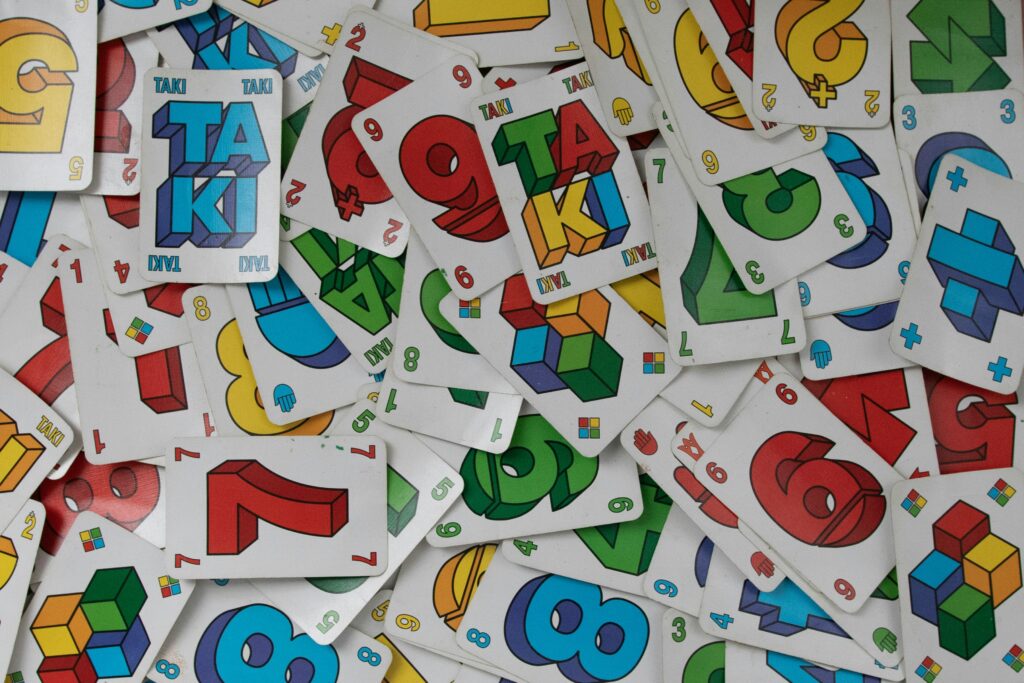
Using Games to Teach Encourages Resilience and Persistence
Resilience—the ability to bounce back from setbacks—is a skill that children need to develop early on. Educational games provide an excellent opportunity to teach this important life skill. In this Birdhouse Number Recognition Pocket Chart game, not every turn results in finding a hidden bird. Sometimes, children have to accept that their card was simply a birdhouse with no surprise behind it. Small disappointments are actually valuable learning experiences, teaching that not every attempt will result in success, and that’s okay.
Through games, children learn to not give up when things don’t go their way. Importantly, they also learn to celebrate their successes when they do win. Such resilience is a critical component of a growth mindset. This is increasingly recognized as essential for long-term academic and personal success.
Games Reinforce Learning in a Low-Pressure Environment
One of the unique benefits using games is the low-pressure environment they create. Children can practice new skills without real risk and fear of failure. This is particularly important in early childhood education, where the goal is to build confidence and a love for learning. In the Birdhouse Number Recognition Pocket Chart game, for instance, there’s no penalty for guessing incorrectly. This allows children to take risks and explore without anxiety, making it easier for them to learn and grow.
By providing an opportunity for children to make mistakes and learn, games help to build a foundation of confidence and self-assurance. These are qualities that will empower children as they encounter more complex challenges in their educational journey.
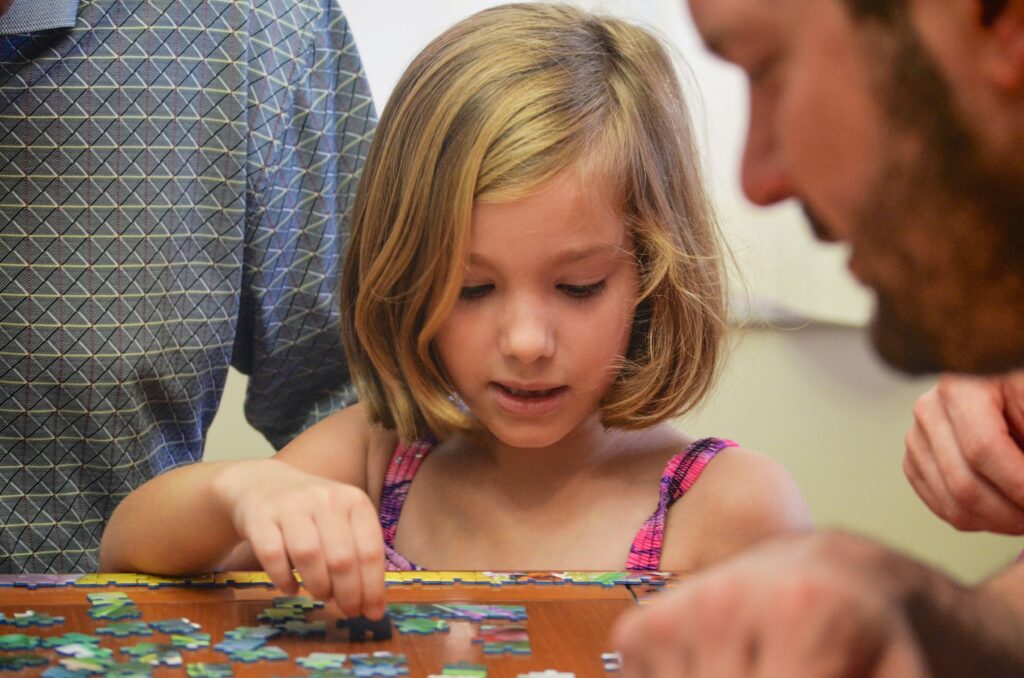
Using Games to Teach Supports Differentiated Learning
Every child learns at their own pace, and one of the challenges educators face is providing instruction that meets the diverse needs of all students. Educational games are highly adaptable, making them ideal for differentiated learning.
This flexibility allows educators to provide targeted support where it’s needed most, helping each child progress at their own pace. Whether a child needs extra help with number recognition or is ready for more advanced challenges, games can be adjusted to meet those needs, ensuring that all students have the opportunity to succeed.
So, Now You Know the Benefits of Using Games to Teach Skills
Incorporating games into early childhood education is more than just a way to keep children entertained—it’s a strategic approach to teaching that addresses both cognitive and social development. Simple games provide a dynamic platform for children to learn key skills such as number recognition, resilience, and social interaction in a fun and engaging way.
By leveraging the power of play, educators can create a positive learning environment that not only enhances academic outcomes but also fosters essential life skills. As we continue to explore innovative teaching methods, it’s clear that games will remain an invaluable tool in helping young learners build a strong foundation for future success.
The game I mentioned is available now on my Teachers Pay Teachers store – you can download the preview and check it out by clicking the picture below.
I have another post on playing games if you’d like more information – you can read it here.


